One of the standard pieces of writing advice that you often come across is to write like you speak. It’s conventional wisdom, really. To let your voice shine through. Makes sense, right?
But I take delight in the fact that when I’m writing, a word that I haven’t used in years – if ever – will sometimes come tumbling out of me. Words like:
alchemy
maelstrom
abscond
gravitas
Where do these words come from, I often wonder. It’s a mystery really.
As a “words person”, the possibilities are pretty vast. So too the recesses of memory.
Confessions of a recovering spelling bee nerd
Let’s travel back in time to the spring of 1990.
I was 11 years old and on the verge of finishing 6th grade (and elementary school), in the suburbs of Dallas. To absolutely no one’s surprise, I won our school’s spelling bee. I say no one’s surprise because I’d been preparing for weeks (maybe even months), begging my mom to drill me after school on unfamiliar words and making flash cards to commit the trickiest ones to visual memory. Yeah, that’s the kind of kid I was. Eldest daughter, first-generation immigrant and all that jazz.
In any case, my glory turned out to be short-lived.
At the district championship held at at a nearby school, things got off to a good start. I was running circles around the competition. I had stars in my eyes, imagining myself eventually taking the state championship and making it to the hallowed Scripps-Howard National Spelling Bee, which my friend Kishan jokes is like the Super Bowl for (South) Indian-Americans, given our apparent genetic prowess in this domain.
But when it came time for the lighting round to determine 1st place, I was pitted against a sullen, blond kid named Nathan. I remember his name but not the word that led to my defeat. For sure, it was long and intimidating and unknown to me. I asked the moderator for the definition. For her to use it in a sentence (context cues!). But no dice. I was eliminated, pure and simple.
But luckily, some of the words I learned have remained.
Language is a portal
The years since then and the experiences that have marked them have further enriched my vocabulary in immeasurable ways.
Take, for example, reading, which is one of the great joys of my life. It’s pretty much impossible for me to read a book (or anything else for that matter) without highlighting, noting or sometimes exploring further.
The sentence or paragraph that’s beautifully constructed or that speaks to my spirit. The lines that provoke and challenge. The bits of information that seem important for future reference. And of course, the words that call my attention or that are unfamiliar, often biding me to look them up. There’s no guarantee that they’ll be imprinted in my memory or enter my lexicon. But they just might.
There, they would find the company of words that I’ve encountered thanks to the privilege of being a person of the world: through travels, encounters and the study of other languages, which is a magnificent portal for discovery. As it is, I didn’t learn English until I was 4 years old, though it has certainly become my first language. My native Tamil, the French I speak fluently, the Portuguese I’m proficient in and the smatterings of Spanish, Thai, Jamaican patois and other tongues have enriched my expression – and therefore my understanding of the world – in countless ways.
I have a few other tools and tricks up my sleeve too, which I recommend for anyone looking to expand their vocabulary: regular use of the dictionary and thesaurus, word games (I can rock a crossword!), the website Vocabulary.com and resources such as Word Power Made Easy by Norman Lewis and The Describer’s Dictionary by David Grambs & Ellen S. Levin, which is a treasure trove for writers in particular. And if you’re ever in Washington DC, I highly recommend a visit to Planet Word, which is one of my favorite spots in town. An entire museum about words!
A living, breathing, pulsing thing
When I posted a note about the mystery words that crash the party, some of my peers on Substack echoed:
“I recognise this. When I've got out of the way, flow happens and these kinds of words just appear then. It’s lovely to read back afterwards, when I’m left wondering ‘who wrote that?’” - Jane Duncan Rogers, Embracing Aging
“Yes. Writing doesn’t just capture thought—it reveals it. Words surface like long-lost friends, arriving just when we need them. Sometimes they’re borrowed, sometimes they’re buried deep, waiting to be found. Either way, they remind us that language isn’t just a tool—it’s a living thing, shaping us as much as we shape it.” - Carll Tucker, GOOD MORNING PROJECT
“I feel the same thing happening when I write. It’s a mystery, isn’t it, how certain words and phrases come to the surface while writing, almost as if another presence is taking over?” – Julie Snider, Impermanent Joy
That’s precisely it. As though another presence is taking over. And in truth, the mystery really doesn’t need to be solved. Where the words come from doesn’t really matter.
The point is that through writing, we’re reminded of the richness of language. The abundant universe of words. The way they can thread together past, present and future.
Language is a living, breathing, pulsing thing.
Lately, this has been top of mind because the myriad ways in which words and language have become contested, here in the U.S. but also elsewhere. The banning of books. The attacks on free speech. The crackdown on media and journalists. The vilification of words themselves, under the Trump administration.
This might be a topic for another day, but today let’s remember the power of words. How we frame things, whether we choose jargon or plain-speak, the meaning, syntax and semantics of the words we choose, the emotions attached to them. It matters. Now more than ever.
Yet as any writer will tell you, the words don’t always come.
I’ve felt that a fair bit recently, wondering particularly where the poetry that was once my primary mode of expression has gone. But like the early signs of spring that are just beginning to make a timid appearance here in Washington, the words – like the birds – are coming back.
So! I leave you with these words and a heartfelt thanks for receiving them.
POETRY INCARNATE One early March morning drenched in gossamer sunshine, poetry came and found me again in the buttery soft folds of the eggs and heady aroma of coffee beans, Nice to be back, she winked and said. I almost buckled to my knees, for after all the coming and going is unknown, like the sudden red flutter of the cardinal's wings, his surroundings a bit different today, to which he responded in a peculiar new song: Go ahead, lady, go outside and play. Would you believe that I did his bidding, walked into the woods, shivering, cursing and wondering what madness could this be, the answer to which is the lavender starflower early or just in time or perhaps a little late, but here, again, back in my embrace, poetry incarnate.





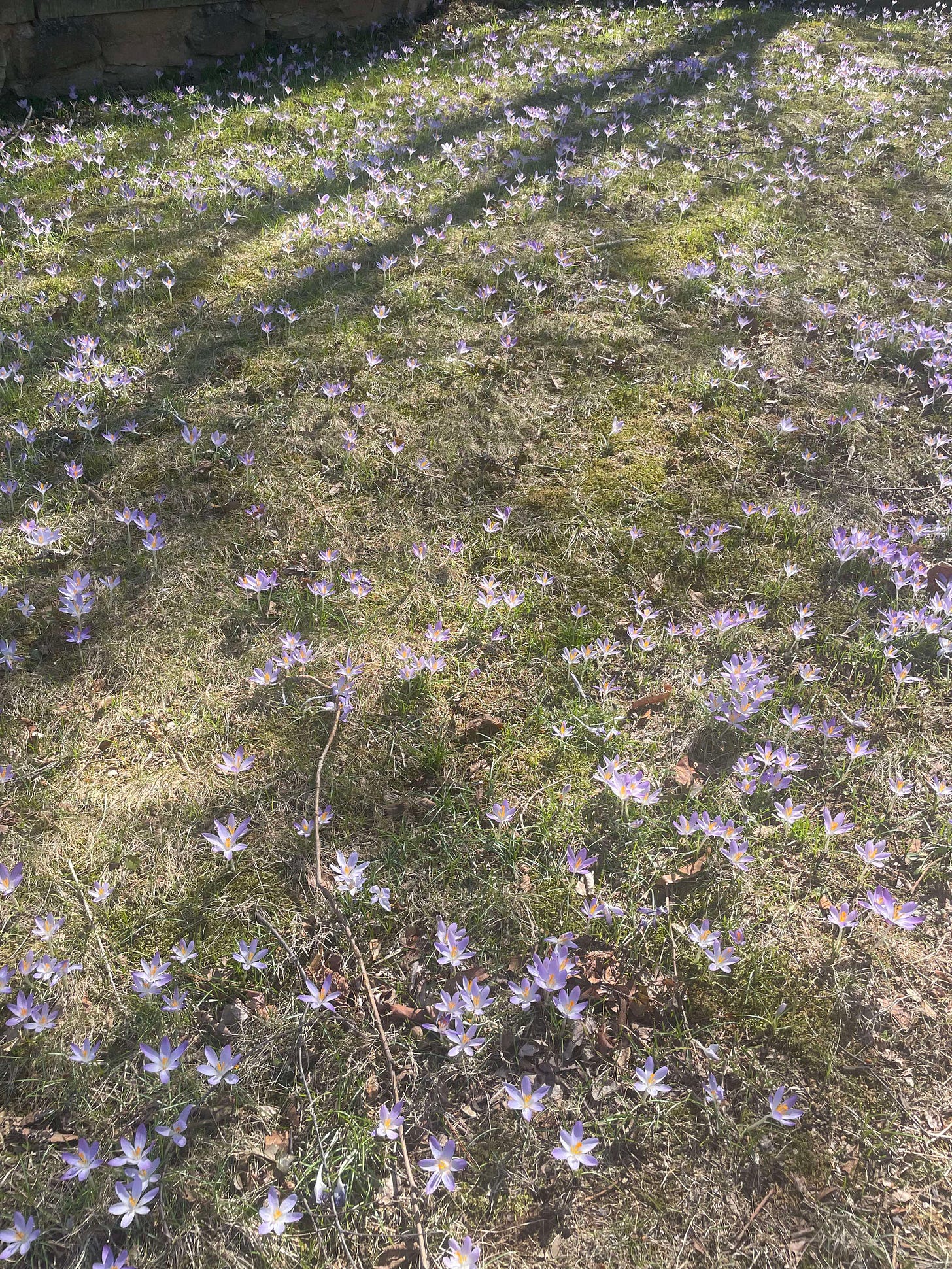
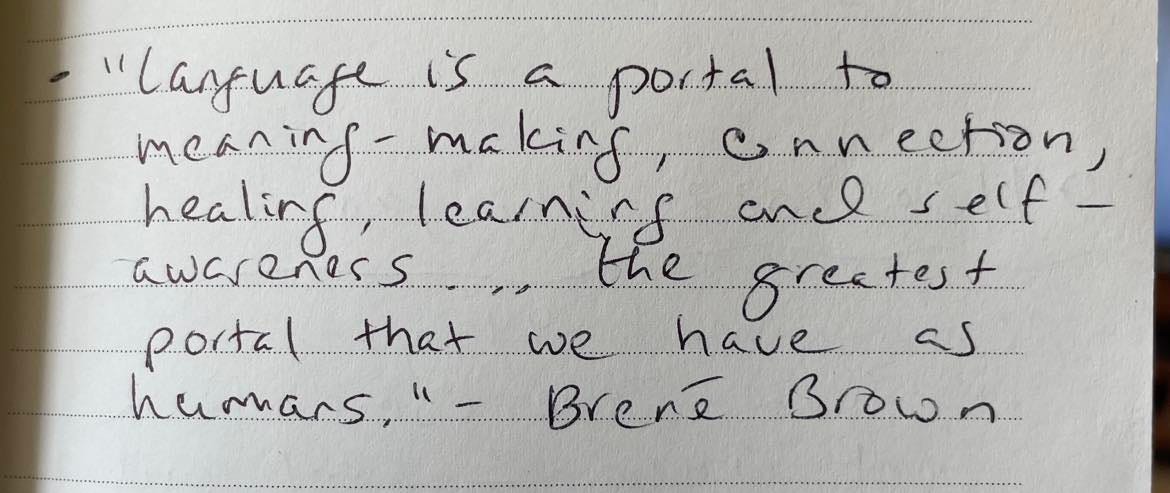
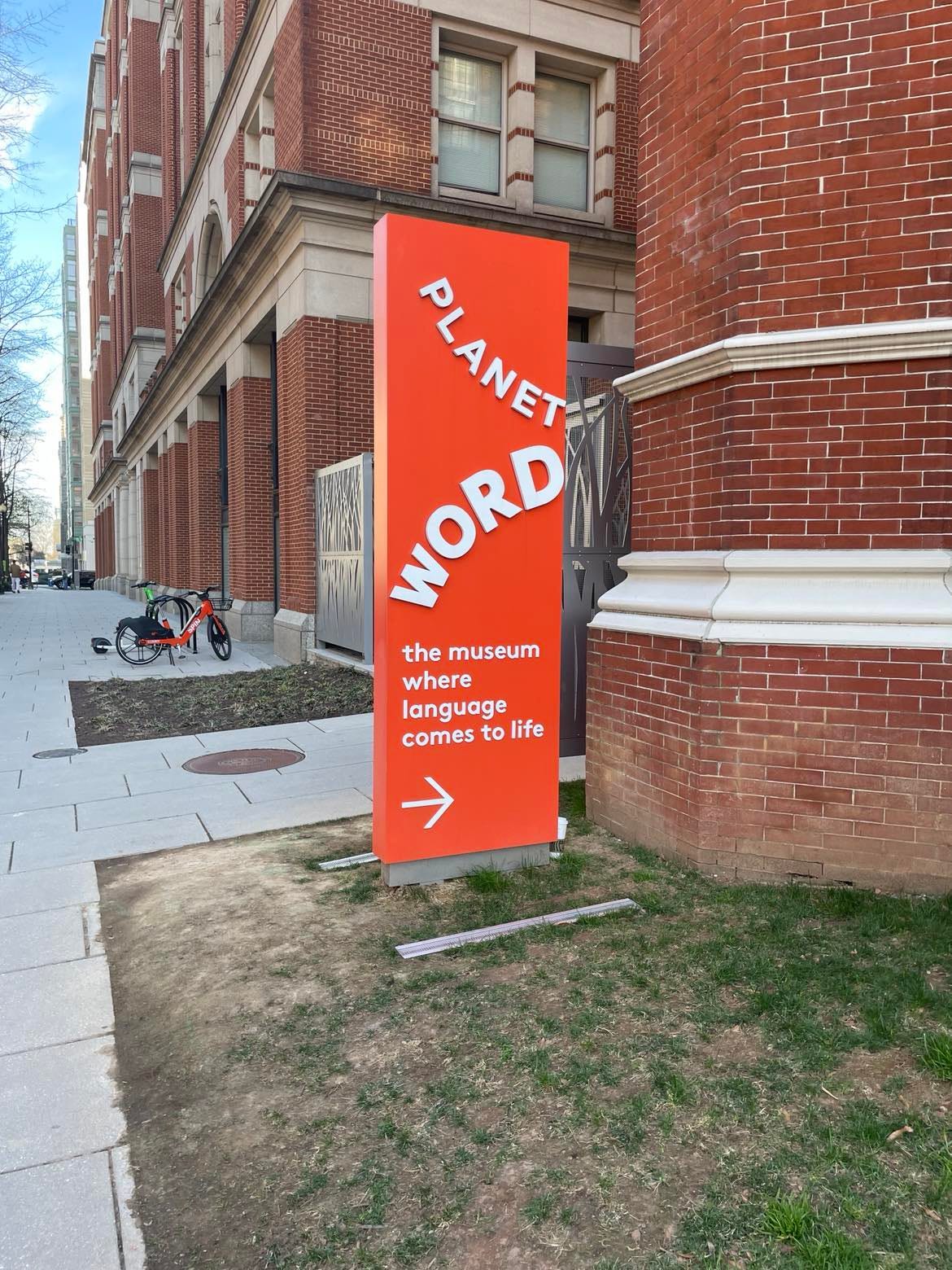
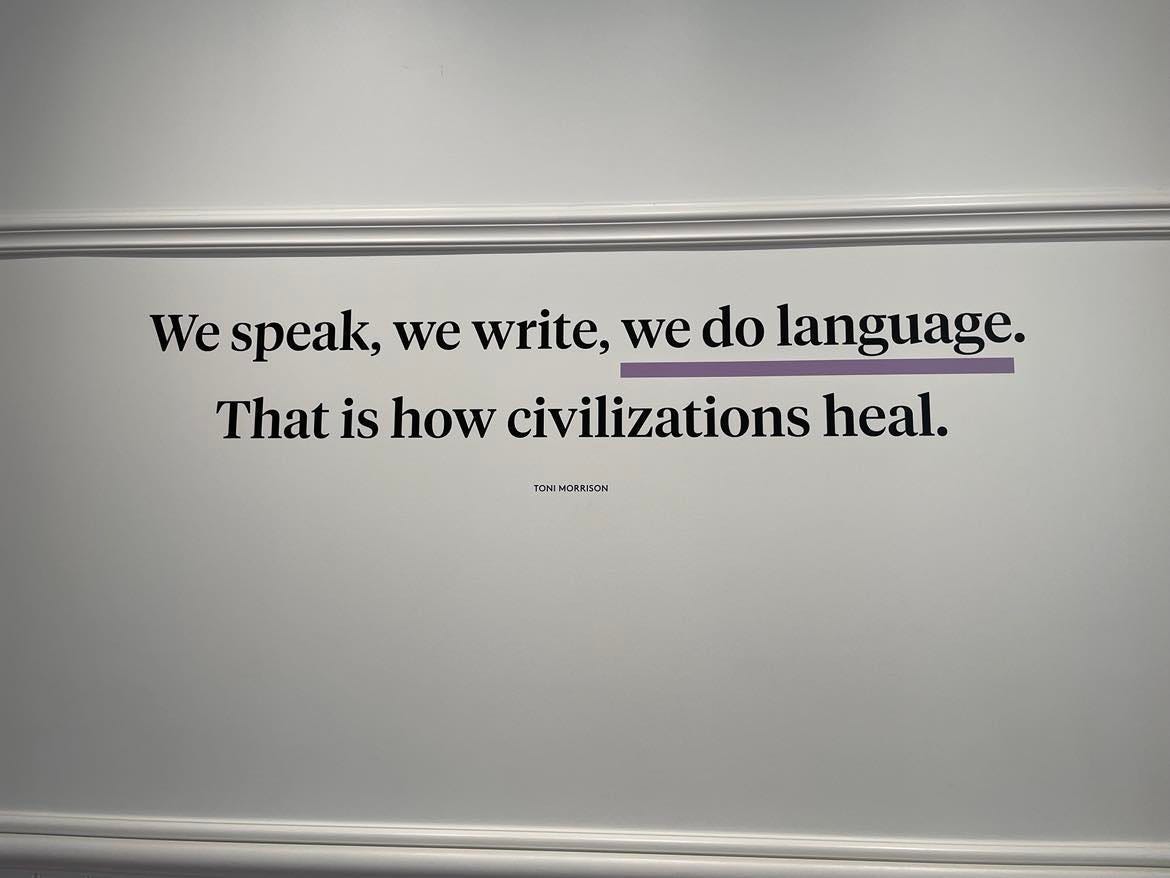
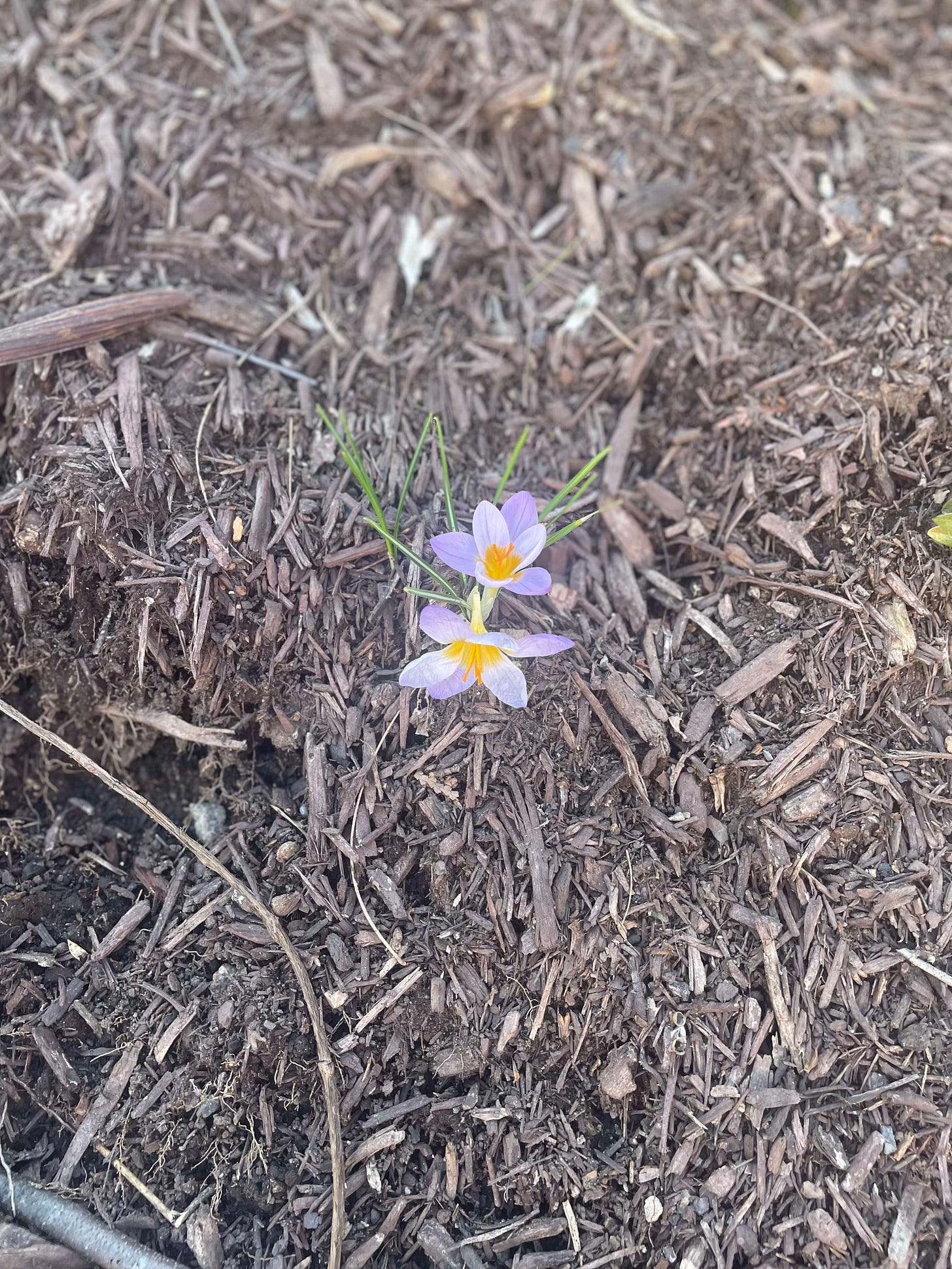
Your poem is beautiful and I loved this post so much. I also have a special thing with words and I smiled reading that you can't read something without noting or exploring something further because I do the same so often. When I started reading in English ages ago, I was always carrying a dictionary and a notebook along the book itself to write down words or expressions that spoke to me in some ways. One of my favorite words in English is "serendipity".
I really do like your verse at the end. It spells "freedom".